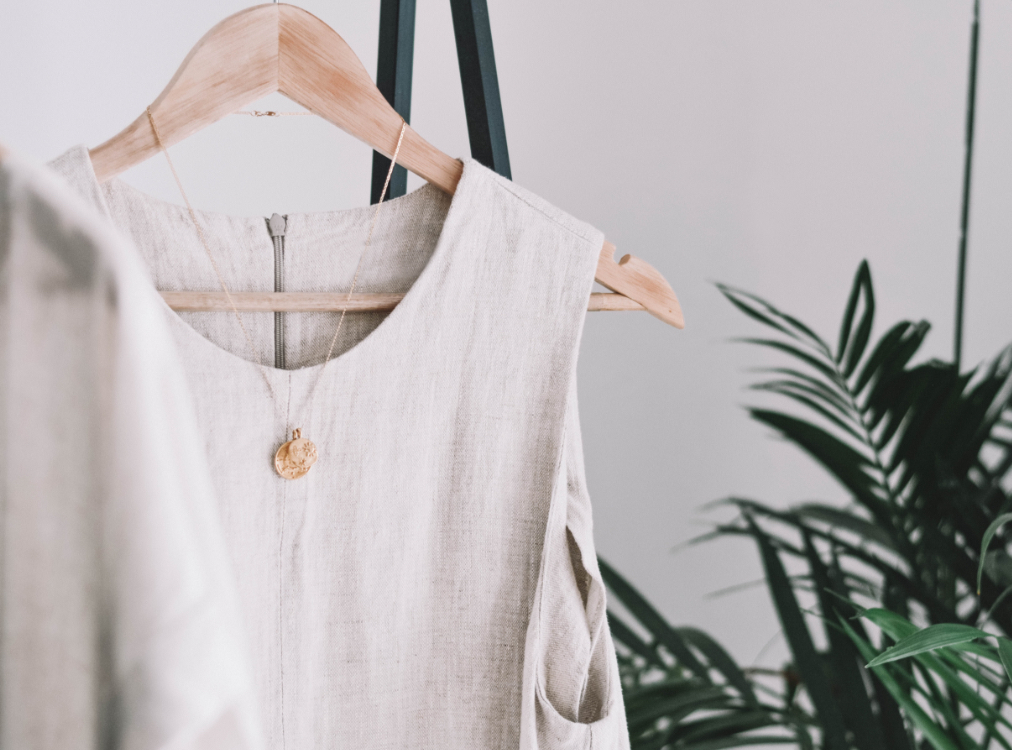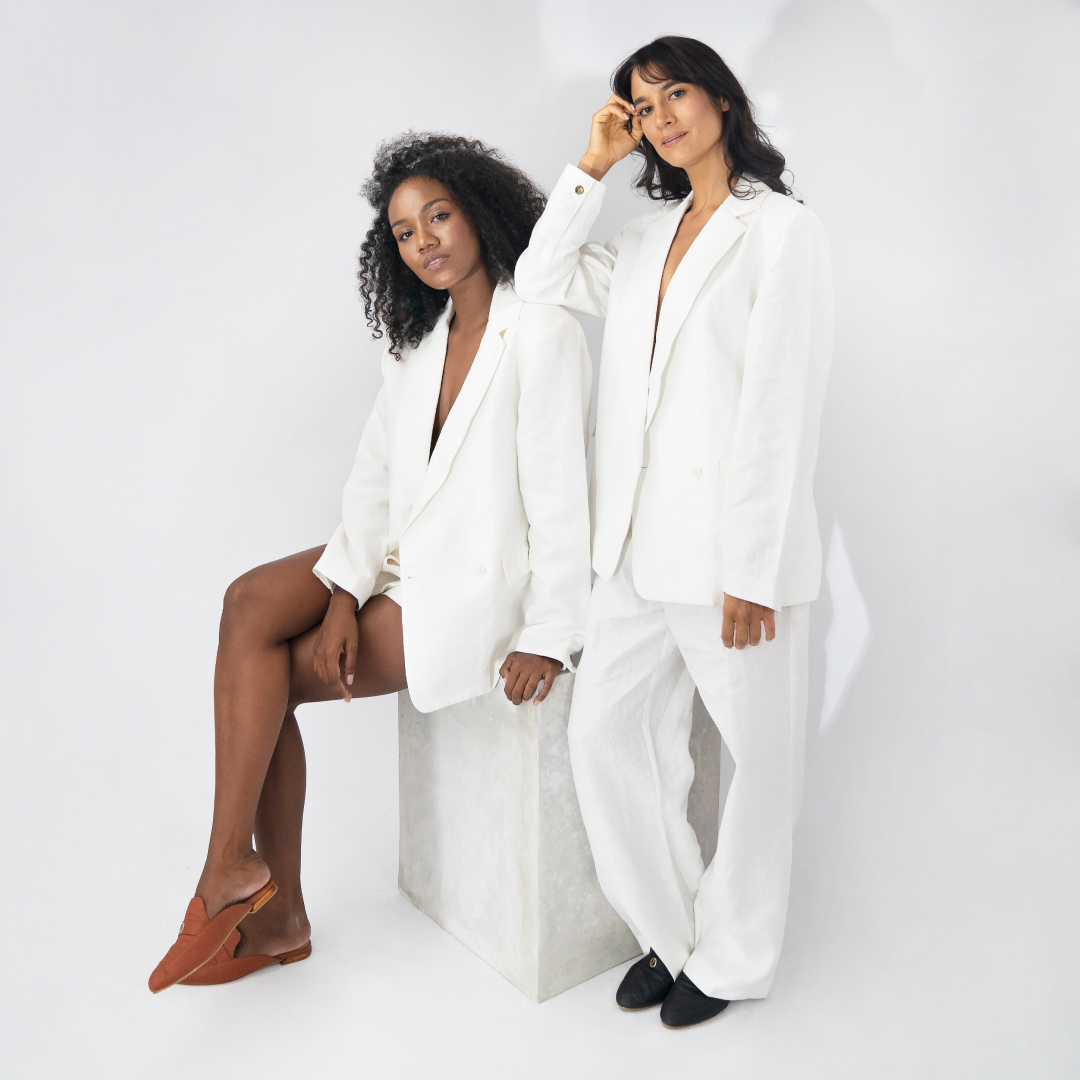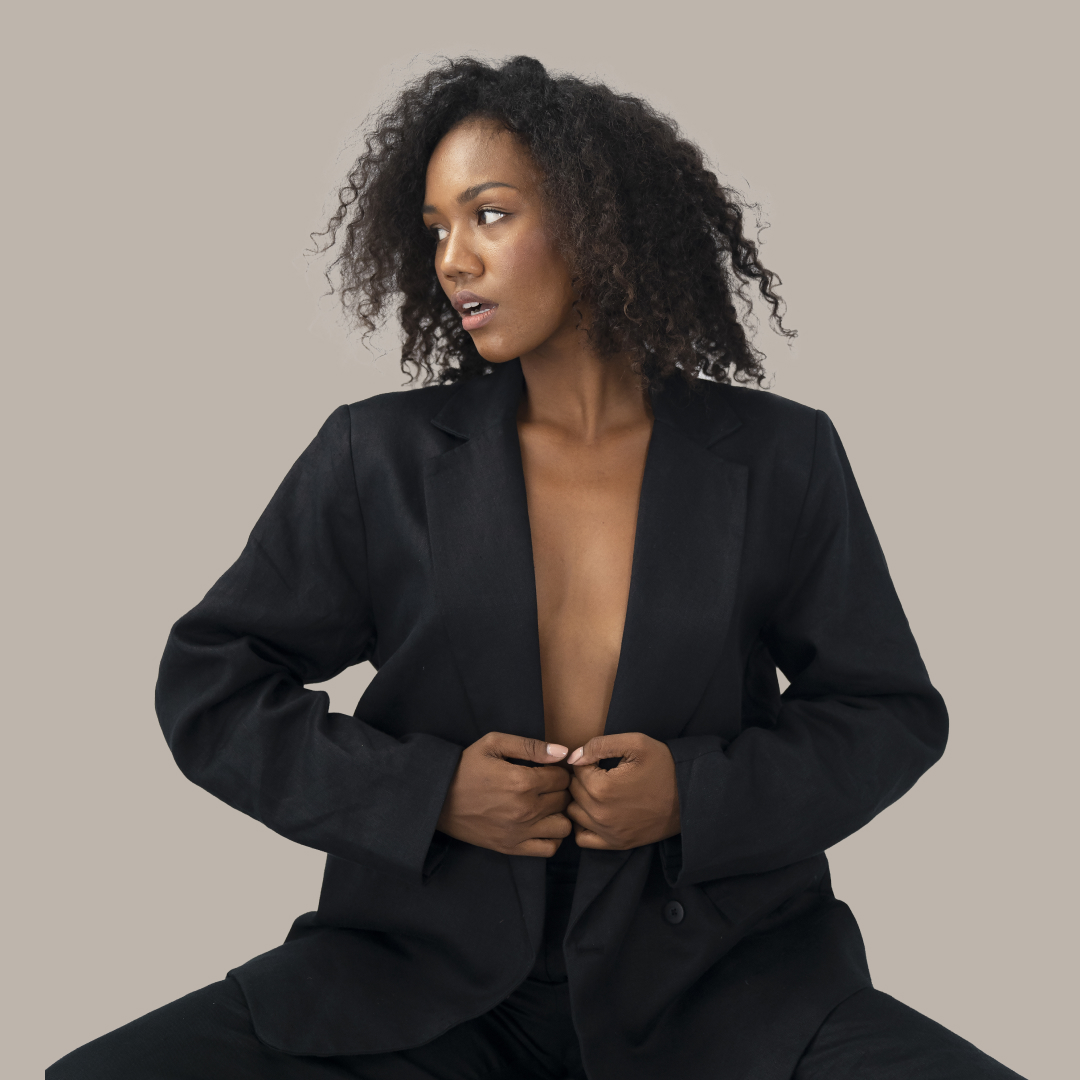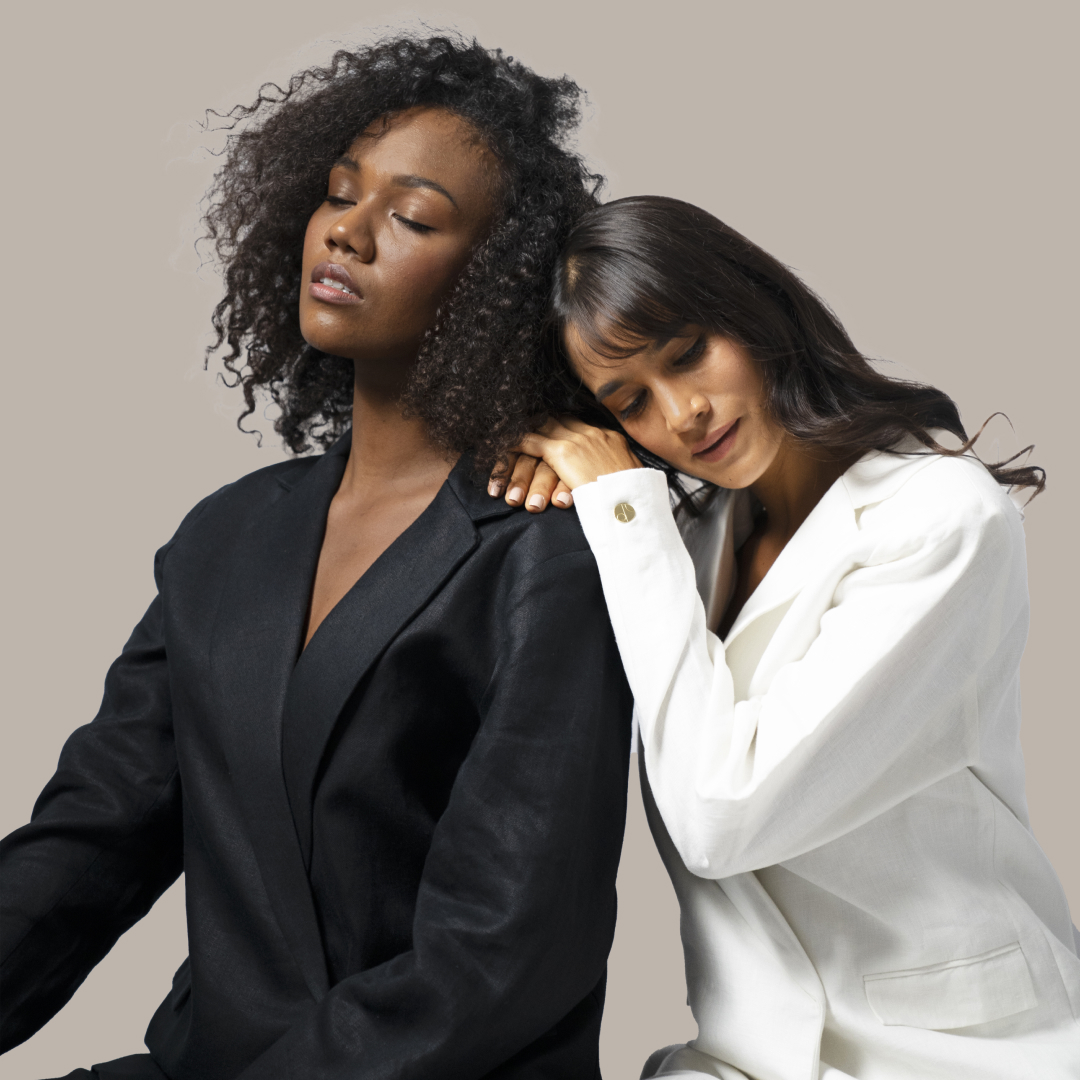Revealing Fashion Trends that Are Becoming Norms during COVID-19

COVID-19 has affected many aspects in our lives including changing the way we travel, dictating the way we connect with others and even, shifting our perspective about fashion and the way we choose our garments. As we are looking at how dreadful the effect this pandemic has created to the economy and our social fabric, we are also reminded of how the unfolding situation is affecting the environment and the people who make our clothes. So gone are the impulsive shopping and worship to fast fashion. As 2020 is closer to its end, new trends have become norms that are shaping the new face of fashion for the many years to come, below are the essence of the newfound fashion philosophy.
Sustainable Fashion
Fashion is responsible for around 10 percent of the world’s carbon emissions and nearly 20 percent of the world’s water waste, according to United Nations groups. On top of this, an estimated 85 per cent of the world’s textiles end up in landfills or incinerated. As consumers start to be more conscious about the true cost of fashion particularly during COVID-19 when fresh air and clean environment seem to be more important than ever, they are becoming more selective in choosing brands for whom they are willing to spend their money on. In response to this awakening, many brands are changing the way they do business and embarking on opting for more sustainable materials.
Fabric Innovation
Plastic waste that is now covering our oceans and landfills has been one of the major factors that makes sustainability in the Fashion Industry more significant than ever. For many years, the Fashion Industry has been producing goods using synthetic fabrics that more or less contain material made from plastic. Given the effect on the environment, many visionary leaders have embarked on years of research to create alternatives to plastics for the market. Econyl and Piñatex are two of the leading and innovative materials that set new standards of recycled or sustainable materials. Due to the quality and sustainability aspect of Econyl and Piñatex, 1 People as a sustainable brand are opting for Econyl to design their swimwear and activewear line, making the lines a collection of comfortable, long-lasting and sustainable fashion items. And let’s not forget about 1 People’s bag collection, a selection of daring, aesthetic and highly practical vegan bags made from the innovative non-woven fabric, Piñatex.
Fair/Ethical Fashion
1 in 6 people in the world works in a fashion-related job, and 80 per cent of the labour force throughout the supply chain are women. According to a report conducted by Oxfam, the organisation estimates that just 4% of the price of a piece of clothing makes it back to the pockets of workers. In other words, when we pay 10 dollars for a t-shirt, the worker receives just 40 cents. As sad as it may sound, with the COVID-19 in the air, many brands are cancelling their orders without considering the effect that they may cause to the workers, leaving them jobless and penniless. Thanks to many movements and organisations though, this dreadful situation is getting attention and with the help of conscious consumers, we are looking to the future where brands are encouraged to be more ethical when running their business as well as when treating the workers they hire.
Second Hand Shopping
Second-hand clothing stores were once considered a fashion faux pas. In 2020, however, influencers, celebrities and other fashion gurus have revamped the image of secondhand shops. In the fight against waste, second-hand shopping is a new way to join the sustainable fashion movement without having to give up your glamour.
So, there we have it, the trends that are becoming norms particularly during this period of trials.
Much Love,
The 1 People’s Team











